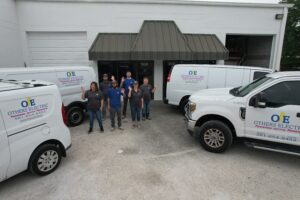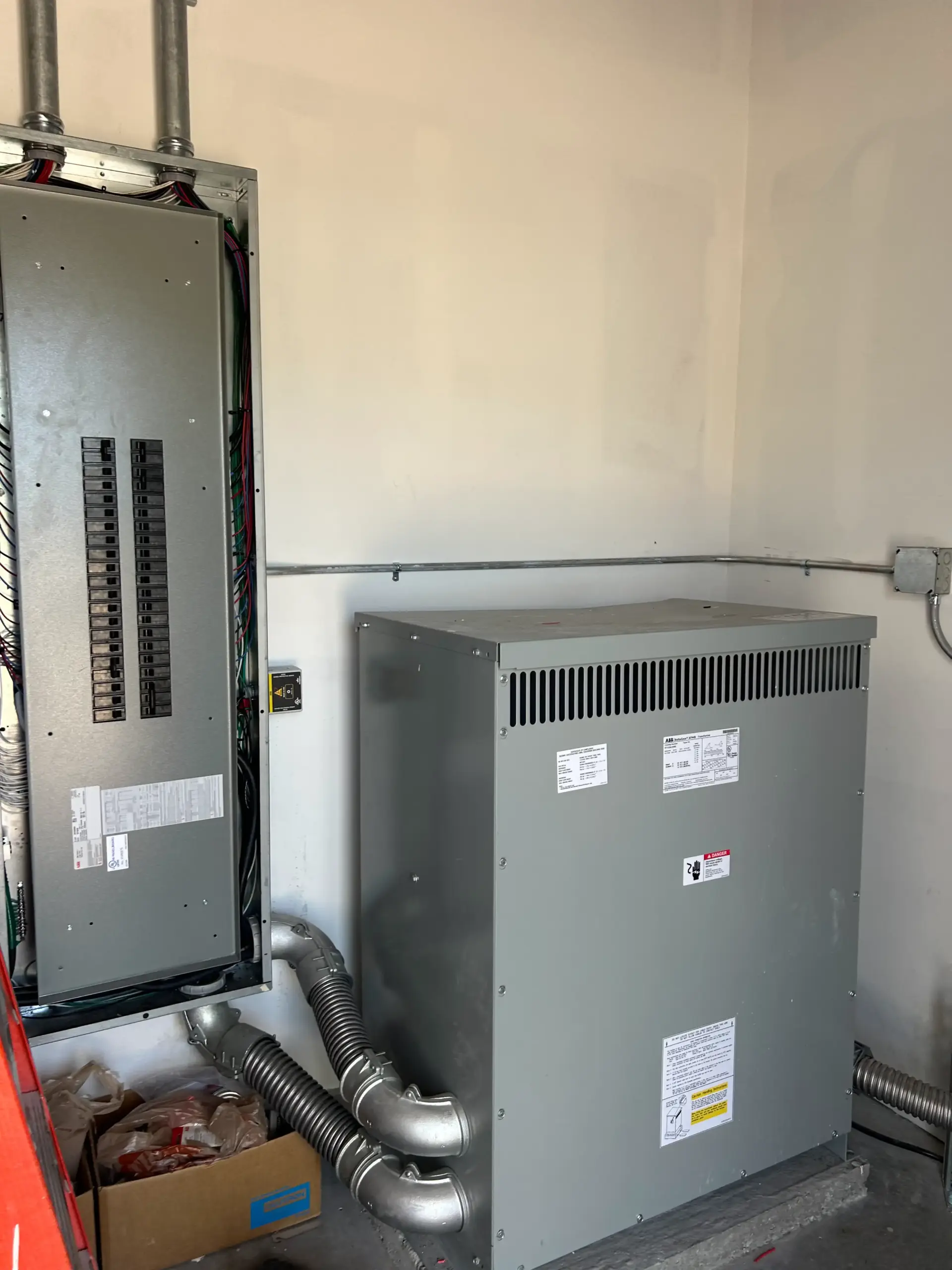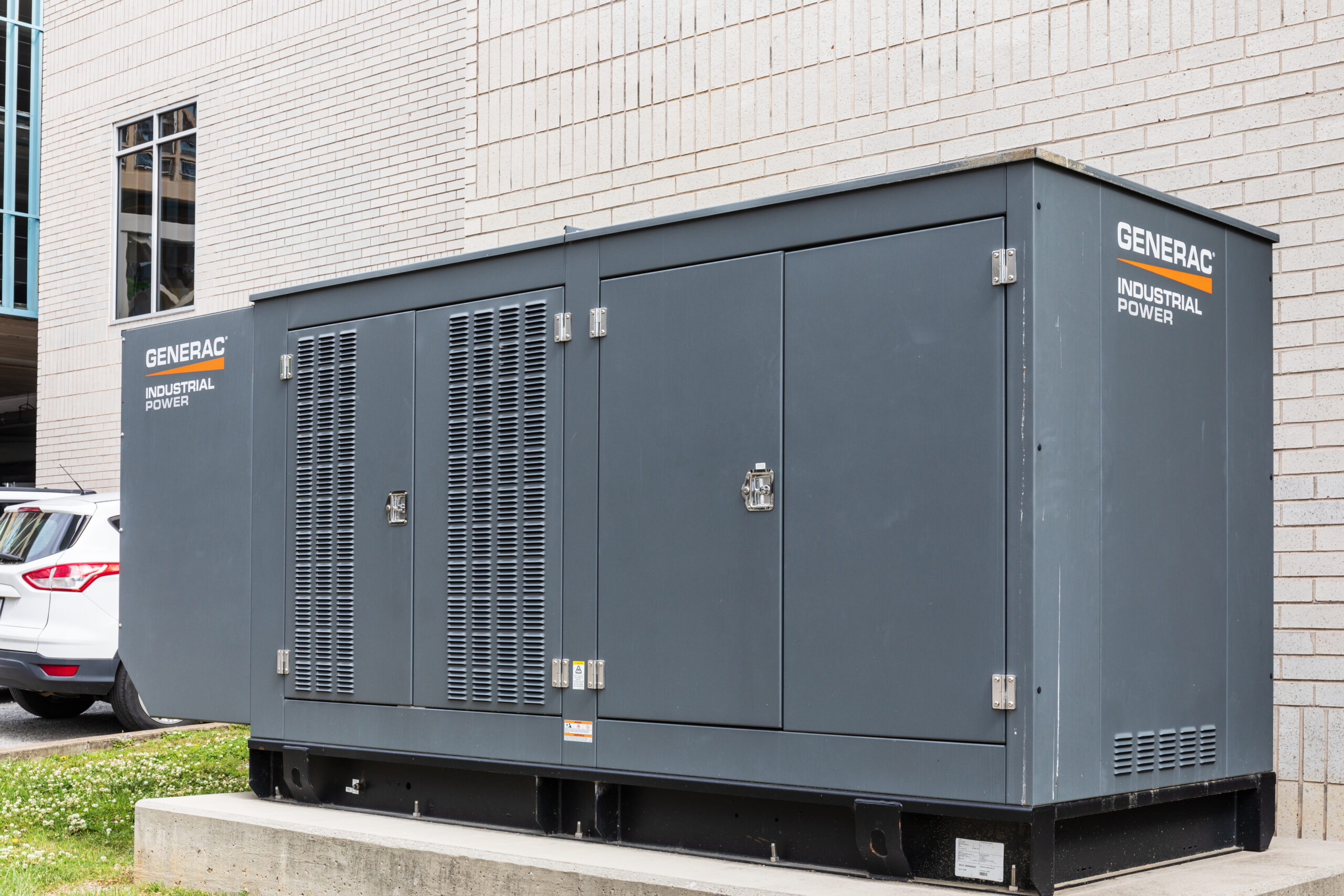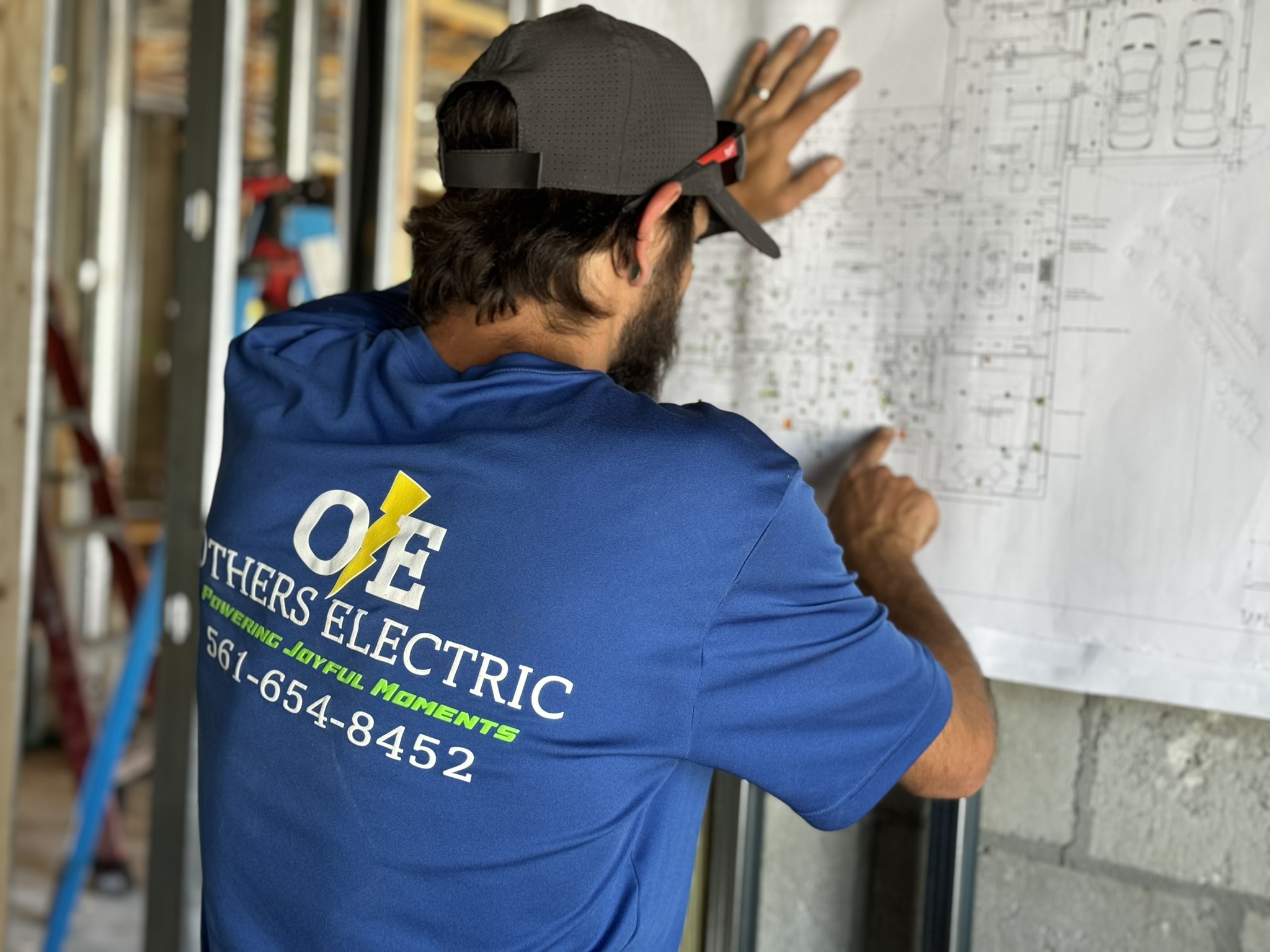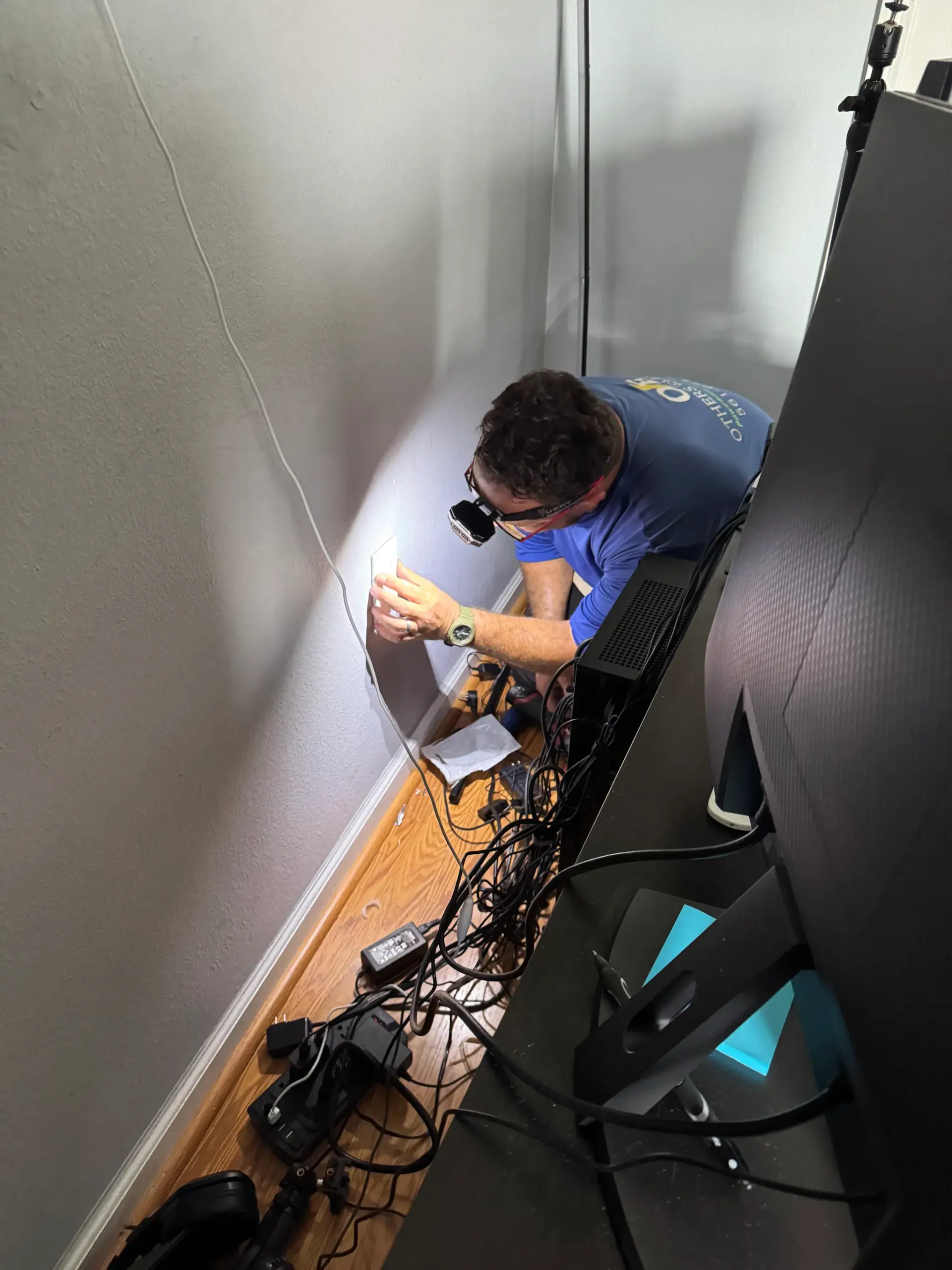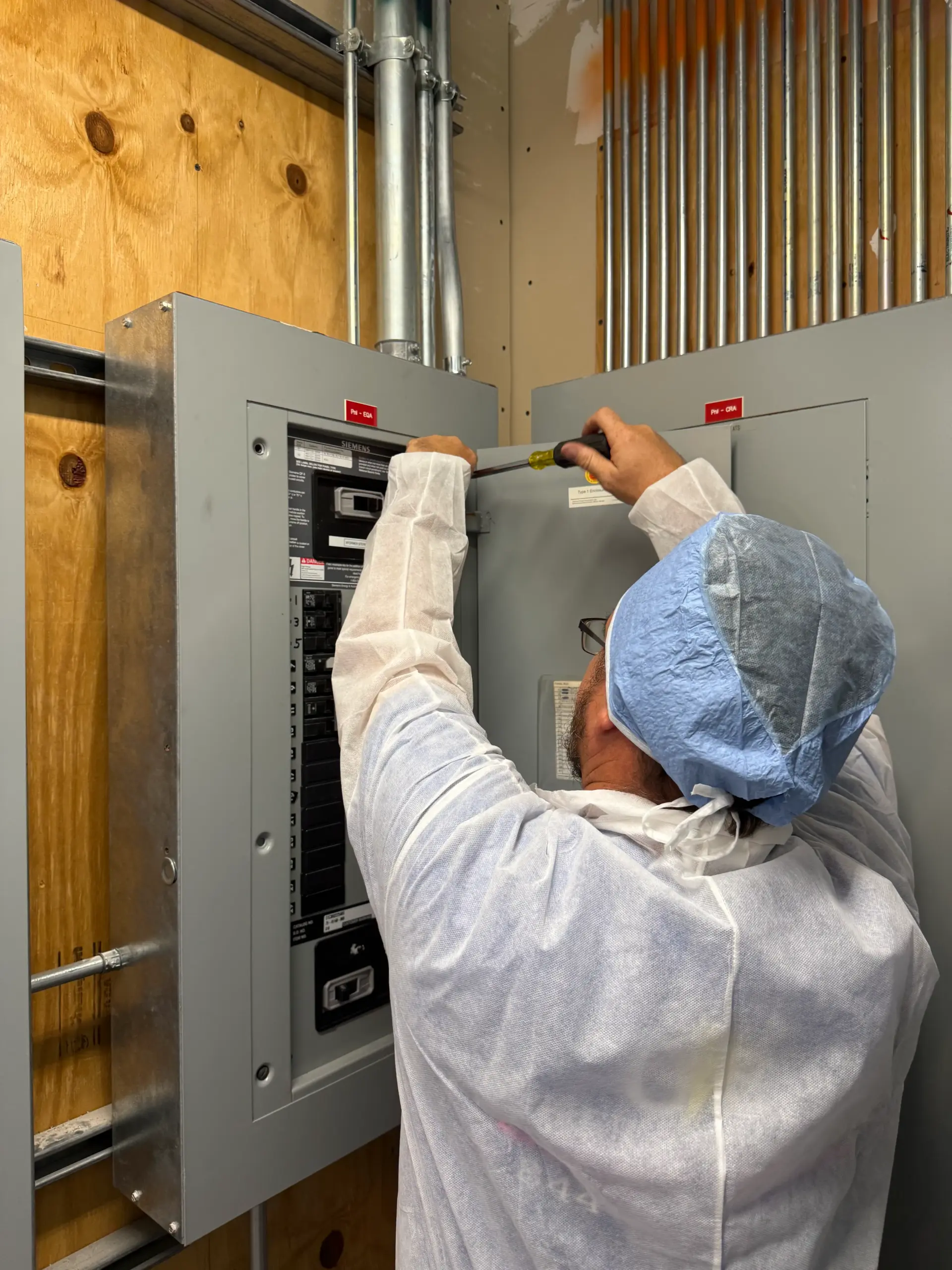Every year, Floridians brace themselves for the inevitable storms that define the Atlantic hurricane season. With peak hurricane threats looming between June and November, understanding how to invest in anticipation of hurricane season can significantly mitigate risk, protect assets, and ensure continuity. From electrical upgrades to home reinforcements, the financial and strategic steps you take before the first storm warning can make all the difference. In this guide, we’ll explore how to invest wisely, with a special emphasis on safeguarding your property’s electrical infrastructure and optimizing your resilience strategy.
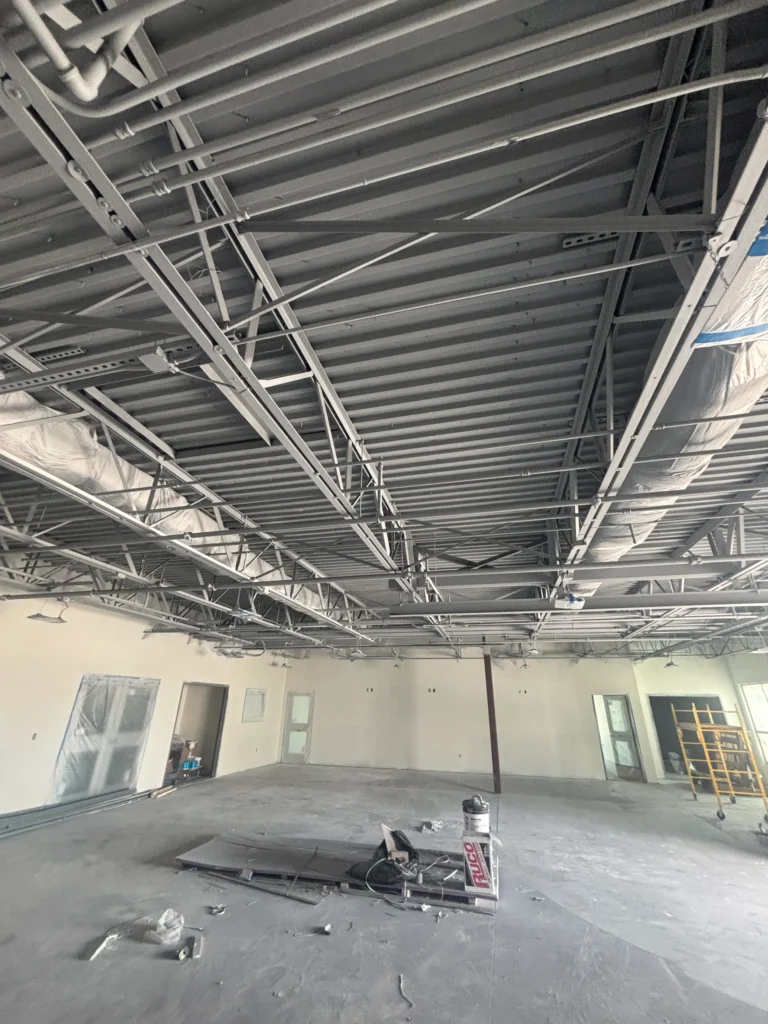
The Financial and Practical Urgency of Hurricane Preparation
The need to understand how to invest in anticipation of hurricane season grows more urgent each year. Florida’s history of storm devastation—marked by powerful systems like Hurricane Andrew, Irma, and Ian—underscores the importance of proactive investment. Insurance alone is no longer sufficient; a strategic blend of physical upgrades and financial preparedness is now necessary.
Preparing before hurricane season begins gives you access to contractors, electricians, and materials before the demand surge. It also allows you to budget for essential projects without the panic of a forecasted storm.
Investing in Electrical System Upgrades
Electrical infrastructure is one of the most vulnerable systems during a hurricane. Strong winds, heavy rains, and power surges can compromise panels, wiring, transformers, and circuit breakers. Knowing how to invest in anticipation of hurricane season begins with strengthening these core systems.
Homeowners and commercial property managers should prioritize surge protection devices that divert excess voltage and prevent damage to household appliances and electronics. Adding a professionally installed standby generator is another key move that maintains power continuity during grid outages, which is especially crucial for individuals relying on powered medical devices or businesses operating critical equipment. Additionally, having your electrical panel inspected and possibly upgraded ensures your system can safely handle sudden electrical loads or disruptions caused by severe weather. Older panels, particularly those not up to code, are far more likely to experience failure when stressed.
By working with licensed professionals like the team at Others Electric, property owners can ensure that all enhancements are implemented to meet local code requirements and designed with durability in mind.
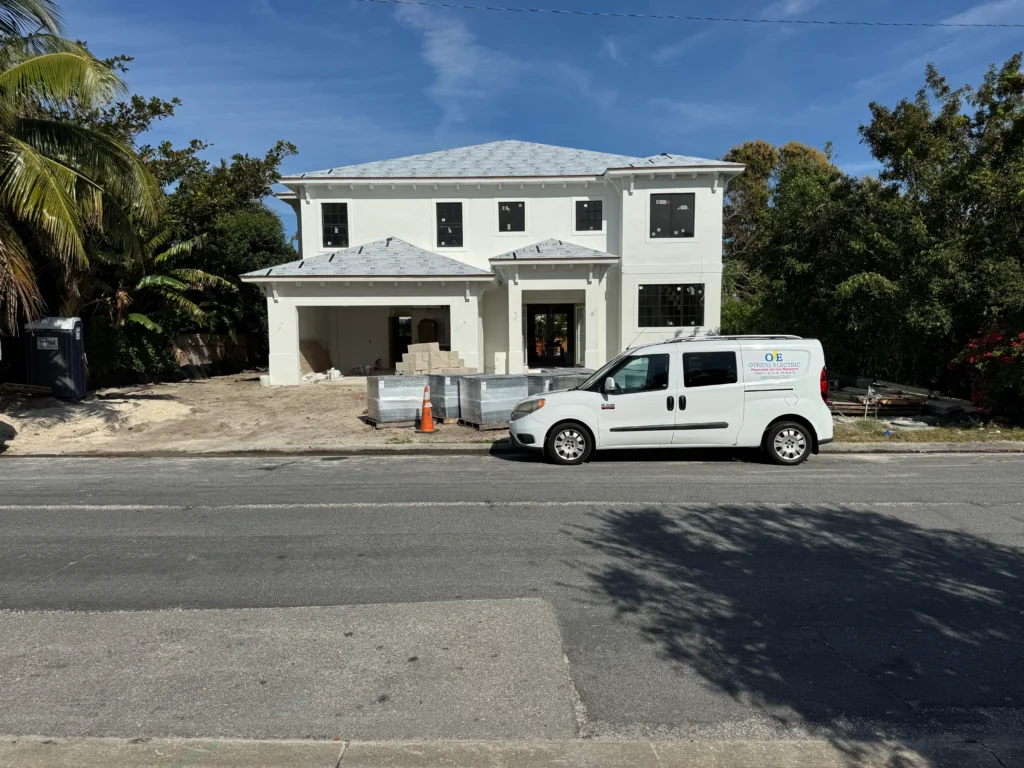
Strengthening Structural Integrity
One of the most practical ways to invest in anticipation of hurricane season is by reinforcing the physical structure of your property. Older windows can be replaced with hurricane-rated impact glass, providing superior protection against debris and water intrusion. Meanwhile, securing the roof with tie-downs and ensuring all joints are sealed will reduce the likelihood of wind-related damage. These steps significantly lower the chance of catastrophic loss when the next hurricane rolls through.
Waterproofing electrical components is also essential, especially in flood-prone zones. Electrical panels should be raised above potential flood levels, while outlets and switches should be sealed properly to keep out moisture. These reinforcements not only preserve your electrical system but also support a faster and safer recovery in a storm’s aftermath.
Strategic Investments for Property Managers and Business Owners
Property managers and commercial owners carry additional responsibilities during hurricane season. It’s imperative to understand how to invest in anticipation of hurricane season from a liability, operational, and tenant safety standpoint.
For example, backup generators should undergo regular load testing to confirm they are capable of running core systems. Emergency lighting, alarm systems, and exit signage must remain functional even during prolonged outages. Many modern facilities are now integrating battery energy storage systems with their solar arrays. These systems provide sustainable backup power that reduces dependence on fossil fuels and ensures smoother transitions during outages.
Budgeting for these improvements throughout the year and incorporating them into annual maintenance plans will make these necessary upgrades more financially manageable.
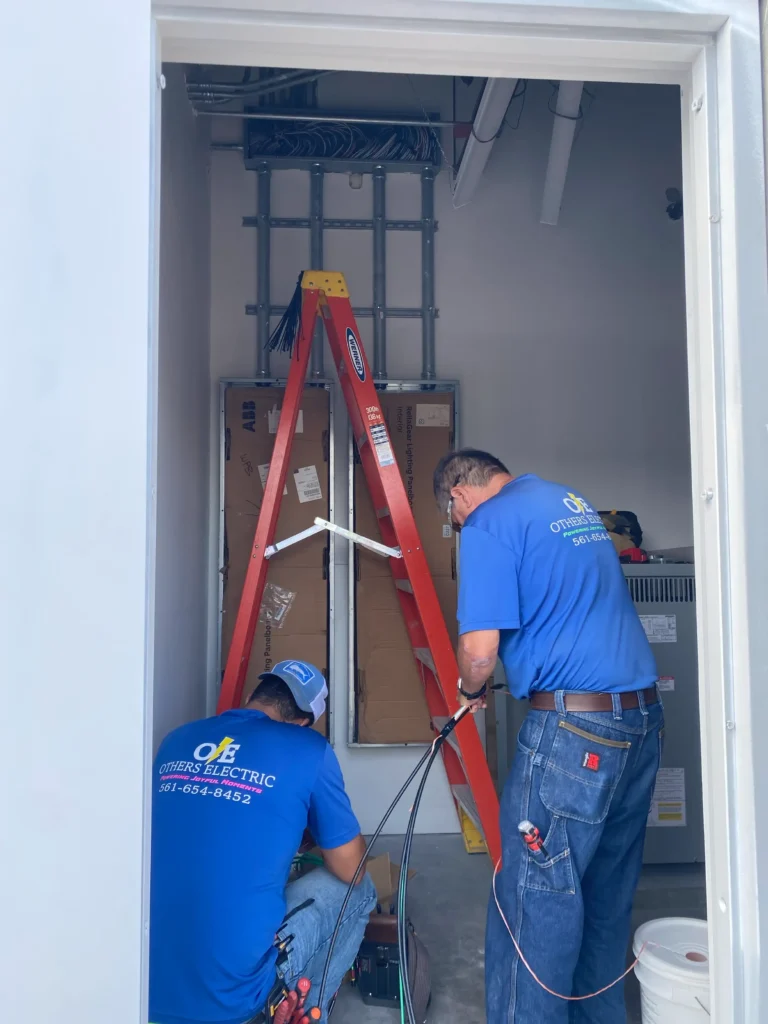
Early Procurement of Electrical and Emergency Supplies
As storms approach, demand for essential electrical supplies and safety gear often skyrockets. That’s why it’s wise to purchase items like replacement circuit breakers, extension cords with built-in surge protection, battery-powered lighting, and weatherproof wire accessories well before the season ramps up. Homeowners with generators should also secure fuel or ensure propane tanks are full, allowing them to avoid last-minute shortages.
Although these purchases may seem minor, their impact can be significant when normal infrastructure is disrupted. Small investments in advance help sustain comfort and safety during extended outages.
Reviewing Insurance Policies for Gaps
Understanding how to invest in anticipation of hurricane season also involves evaluating your current insurance coverage. Standard homeowners’ policies often include high windstorm deductibles, which could lead to unexpected expenses after storm damage. Flood coverage is typically excluded and must be purchased separately through the National Flood Insurance Program or a private provider.
Documenting recent improvements, such as electrical panel upgrades or surge protector installations, can also expedite insurance claims and prove the proactive steps taken to protect your home. Keeping digital and physical copies of receipts, permits, and inspection records is highly recommended.
Incentives That Offset Costs of Storm Preparedness
Not all hurricane investments must be made out-of-pocket. Federal and state programs exist to help reduce the financial burden of resilience projects. The Federal Residential Energy Credit, for example, can help homeowners recoup part of the cost of solar panel and battery storage installations. Some Florida utility companies offer rebates for energy-efficient or storm-hardened upgrades.
Additionally, in disaster-declared zones, temporary emergency grants may become available through FEMA or state agencies. Knowing how to invest in anticipation of hurricane season includes staying informed about these incentive programs and applying early.
Embracing Smart Technologies for Added Security
Smart home technologies can add a valuable layer of preparedness. Devices like moisture detectors, automated shut-off panels, and mobile-controlled breakers allow homeowners to monitor and respond to threats remotely. These tools not only enhance control and convenience but also provide real-time feedback that can prevent small issues from escalating into major damage.
As hurricanes become more frequent and severe, integrating smart technology into your preparedness strategy is a forward-thinking move that blends efficiency with resilience.
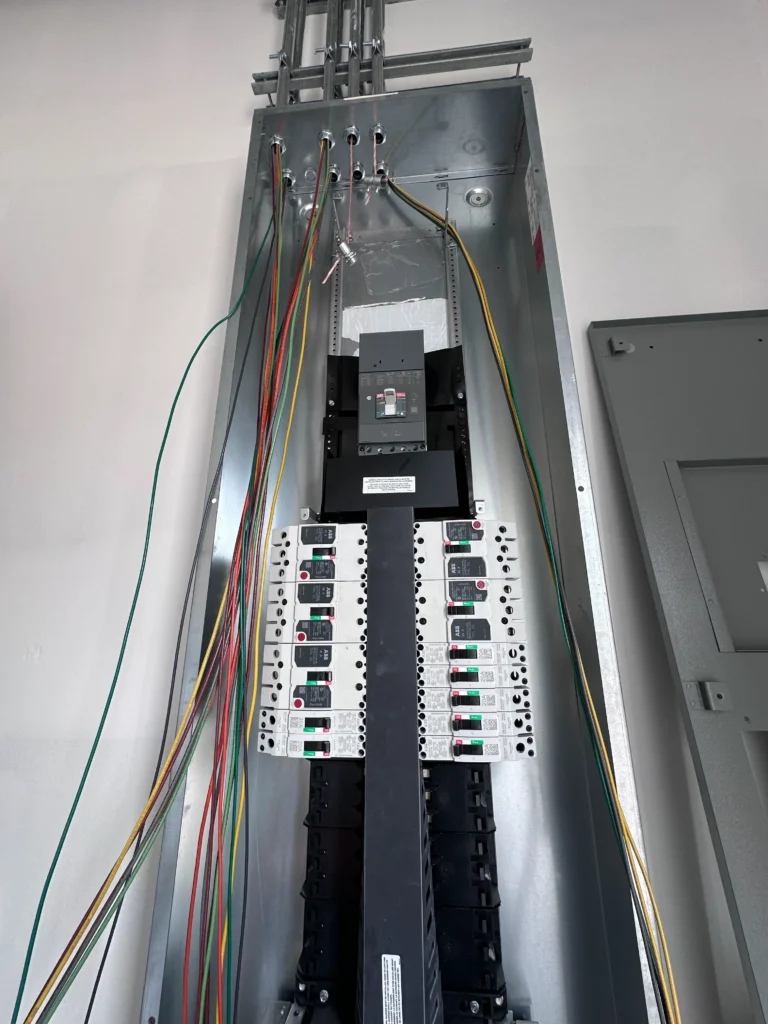
Conclusion
Understanding how to invest in anticipation of hurricane season is about more than just bracing for impact—it’s about building a smarter, stronger, and more resilient future. Strategic investments in electrical systems, building reinforcements, and technology can help you weather the storm without compromising your safety or livelihood.
For Florida homeowners, property managers, and business owners, partnering with an experienced electrical team like Others Electric ensures that every dollar you invest is aligned with code, best practices, and local conditions.
To explore custom electrical solutions that improve your storm readiness, visit our Service Page. For broader emergency planning resources, check out FloridaDisaster.org and the National Hurricane Center.

